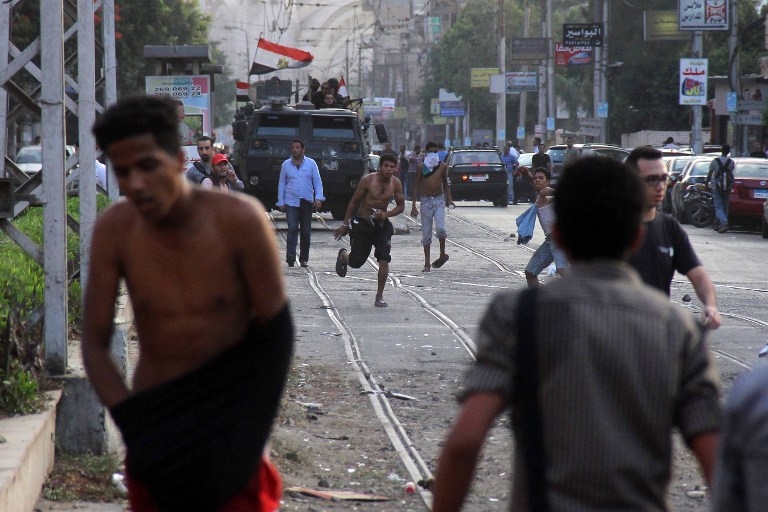Tough questions

Representatives of UN member states are putting tough questions to Egyptian officials. Here are a few:
Ireland: Will Egypt abolish the Emergency Powers, and specifically desist from using its provisions against journalists and bloggers?
Czech Republic: Has Egypt considered reviewing legal provisions as e.g. that criminalizing “habitual debauchery” which are open to abuse for persecution and intimidation of persons of minority sexual orientation or gender identity or of persons with HIV/AIDS? What specific programmes are in place to promote tolerance and eliminate discrimination based on sex and gender?
Norway: Despite protective provisions in the Penal Code, violence against women is a serious concern, whether occurring in the home, at the work place, or in the public sphere. What concrete steps are considered to increase the protection of women in Egypt?
Switzerland: Allegations of torture committed by security and police officers are systematically ignored. Does Egypt plan to investigate all allegations of torture in the future and bring the perpetrators to justice? The death penalty is prescribed for a wide range of offences under Egyptian law and has still been used extensively in 2009. Does Egypt envisage to impose a moratorium on executions and progressively reduce the number of crimes punishable by death with a view to the abolition of the death penalty?
Germany: As indicated by Human Rights Watch and various other Non-Governmental Organisations, the Emergency Law (Law No. 162 of 1958) has been in continuous effect since 1981. Implications of this Emergency Law are the possibility for the government to suppress political activities and critics through emergency legislation, or to allow the authorities detentions without a charge. The German Delegation would be interested to know whether the Government of Egypt intends to suspend this Emergency Law in the run-up to the upcoming presidential elections?

